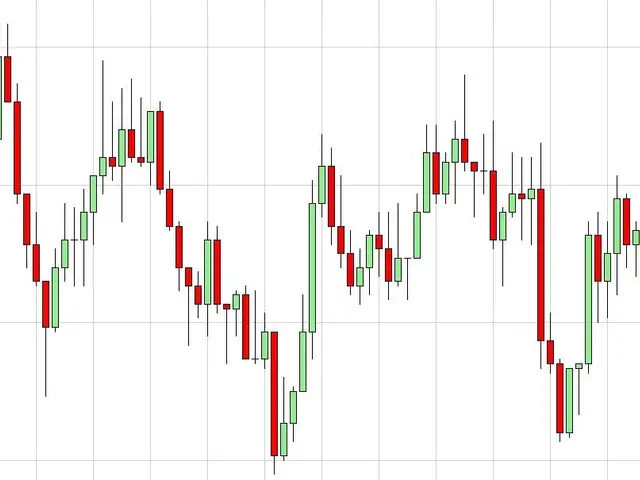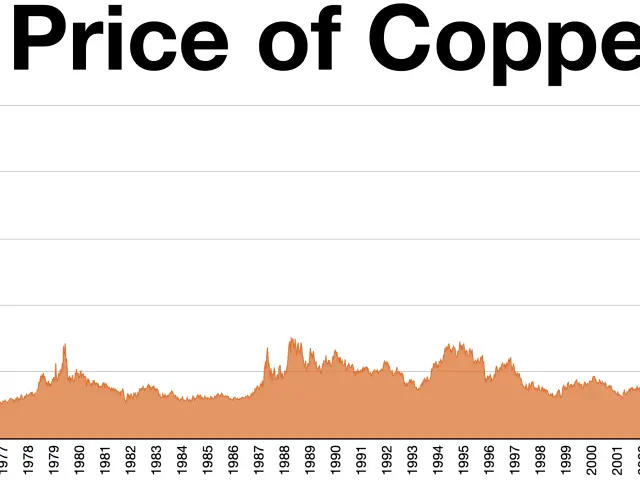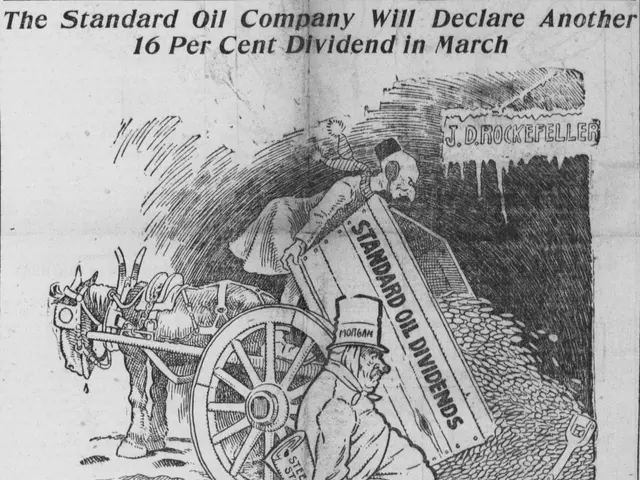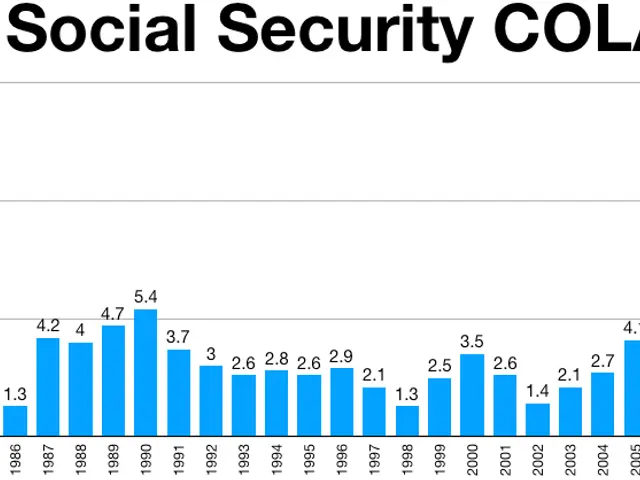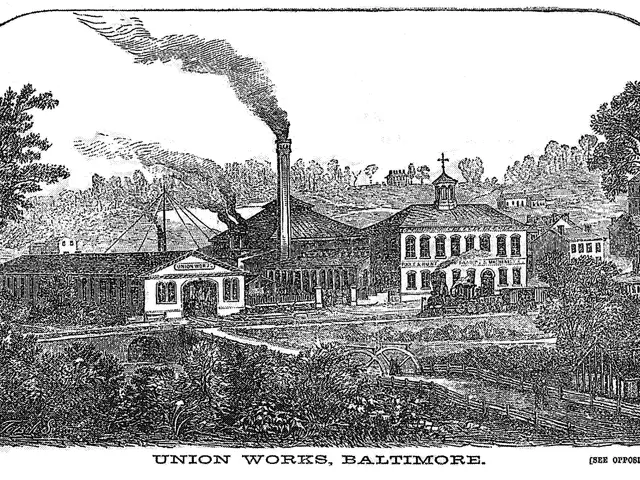Trump Justifies Tariffs, Warns of Potential Great Depression if Duties are Repealed
In a complex and evolving legal saga, the legality of former President Donald Trump's tariffs imposed under the International Emergency Economic Powers Act (IEEPA) is currently the subject of significant judicial conflict and appellate activity.
The tariffs, which were introduced in April 2025, have been a contentious issue, with the U.S. Court of International Trade declaring certain executive orders implementing these tariffs invalid and permanently enjoined them as contrary to law on May 28, 2025. However, this decision was stayed by the Court of Appeals for the Federal Circuit shortly thereafter, allowing the tariffs to remain in effect while the appeal proceeds.
The litigation now involves expedited appeals and conflicting rulings, creating a jurisdictional clash that might soon require the U.S. Supreme Court's intervention. This could potentially reshape the limits of presidential authority under IEEPA for imposing tariffs, with billions of dollars in trade and constitutional questions at stake. The Supreme Court review is possibly expected by mid-2026, with implications for executive trade powers and future legislative reforms.
The tariffs, which target a variety of U.S. trading partners including China, Canada, Mexico, and more recently, India, have been in place for over two years. The tariffs on India, for instance, were imposed due to India's continued purchase of crude oil from Russia. The tariffs imposed on India are the highest ever imposed by Washington on any trading partner, at 50 percent. Trump claims that these tariffs are pouring hundreds of billions of dollars into the country's coffers.
Trump's statements suggest that he believes the tariffs are crucial for the country's economic prosperity. However, the contestants, which include 12 Democrat-led states and five small American businesses, argue that the IEEPA does not justify such broad actions by the President. They contend that Trump overstepped his executive authority and that the Constitution grants Congress, not the President, the exclusive power to impose tariffs.
Trump's comparison of a potential adverse court ruling to the Great Depression of 1929 and his warnings about the impossibility of ever recovering or repaying the massive sums of money if the tariffs were ruled against, indicate a concern about the potential consequences of such a ruling.
The US Court of Appeals for the Federal Circuit is examining the legality of the tariffs, with the final resolution likely pending Supreme Court rulings and potentially influencing future trade policy and presidential powers. The situation remains dynamic and uncertain, with the stock market also experiencing changes due to these tariffs, according to Trump's statements.
- Amidst ongoing legal disputes, the legality of former President Trump's tariffs under the International Emergency Economic Powers Act (IEEPA) is being examined by the US Court of Appeals for the Federal Circuit, with potential implications for future trade policy and presidential powers.
- The tariffs, which target various trading partners, have sparked contestations from 12 Democrat-led states and five small American businesses, who argue that the IEEPA does not justify such broad actions by the President, claiming it infringes upon Congress's exclusive power to impose tariffs.
- The tariffs, which generate significant revenue for the country as per Trump's claims, have influenced the stock market, according to his statements, indicating a possible interplay between business, personal finance, and politics.
- The tariffs' potential impact on policy and legislation extends beyond finance and investing, as questions about war and conflicts arise due to Trump's imposition of tariffs on countries like India, which purchased crude oil from Russia. This situation unfolds amidst a backdrop of general news and political debates, highlighting the complex interconnections between international affairs, wealth management, and executive authority.

